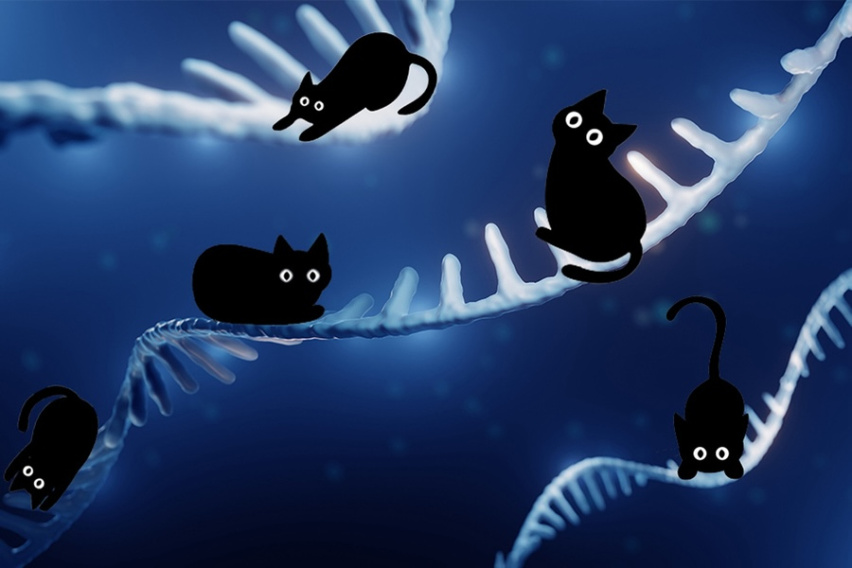MIT News
November 20, 2018
In October, the Koch Institute highlighted the launch of the MIT Stem Cell Initiative, a deep dive into the biology of normal adult stem cells and their malignant counterparts, cancer stem cells. With support from Fondation MIT, a Swiss philanthropic organization, the initiative seeks to identify, purify, and propagate these relatively rare and elusive cells. Doing so will allow researchers to better understand their biology and learn how to utilize them more effectively in regenerative medicine applications and to target them in cancer.
